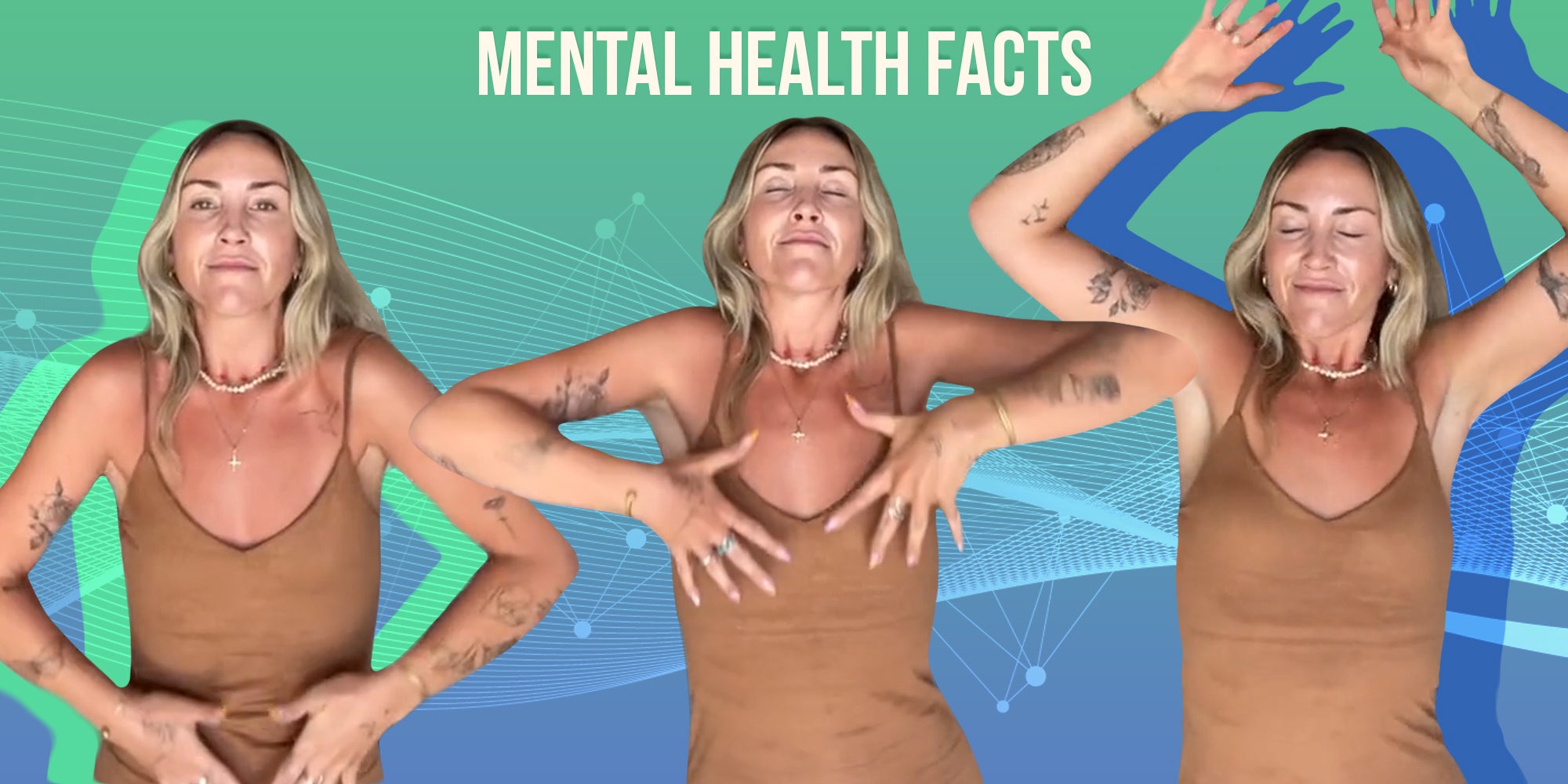
Earlier this week, the New York Times reported on an extraordinary experiment undertaken by social scientists at the T.H. Chan School of Public Health at Harvard. In short, a team of researchers decided to see if there was a way to mitigate false mental health information that proliferates on TikTok. To begin, the team at Harvard observed hundreds of TikTok mental health influencers for several weeks in order to find 105 “heavyweights selected for their reach and quality” to participate in their experiment. Their idea was to approach the group of mental health influencers and persuade them to spread more evidence-based information.
According to the report, “the influencers would not be paid but, ideally, would be won over to the cause. 42 of them agreed to be part of the study and received digital tool kits organized into five “core themes”: difficulty accessing care, intergenerational trauma, mind-body links, the effect of racism on mental health and climate anxiety.”
In addition, per the report, “a smaller group of 25 influencers were invited to hourlong virtual forums, united on a group Slack channel and, finally, hosted at Harvard.”
So what was the result of such an ambitious experiment?
In a word, mixed. Of the 105 influencers that were selected, 42 of them who “received Harvard’s talking points” were 3 percent more likely to post content that coincided with the information they’d been fed by the researchers. Although that may seem like a small effect, Matt Motta of Boston University told the New York Times that “each influencer had such a large audience that the additional content was viewed 800,000 times.”
That said, among the smaller, more focused group of 25 mental influencers, the primary conclusion was that integrating public health messages into TikTok videos simply doesn’t make for good content.
Rachel Havekost, a TikTok mental health influencer and part-time bartender in Seattle with 267,000 followers, grew her audience by featuring videos of herself dancing as a means to allay depressive thoughts. But according to the “New York Times” report, Havekost “saw no simple way to integrate public health messages into her videos.”
To some degree, this sort of result was to be expected. The “algorithm” has long been suspected of promoting the worst sort of attention-grabbing content. Earlier this year a study by researchers at the University of Massachusetts discovered that while TikTok provided many people with a sense of self-discovery and community, the “algorithm also displayed a worrying tendency to repeatedly expose users to content that could be harmful to their mental health.”
Furthermore, per the University’s news release, “the research participants expressed difficulty discerning when TikTok creators are posting emotional or intense mental health content genuinely, or if they’re ‘chasing clout.’”
Not to mention TikTok has a worrying effect on young people’s mental health. There’s a seemingly endless oeuvre of news stories concerned with how TikTok is negatively affecting young people’s brains.
Yet, it might be a necessary gamble. According to a study published last year based on an analysis of only 100 videos, the hashtag #mentalhealth had collectively received more than 1 billion views. Coupled with the fact that 1 in 6 Gen Zers uses TikTok as a search engine, there’s no alternative for reaching so many young people.
Brooklyn-dad influencer Timm Chiusano whose content is aimed at “Teaching TikTok To Chill The F-ck Out,” suggested during the research presentation at Harvard that he planned on incorporating some of the themes the researchers uncovered into his content. It’s a hopeful sign. But only time will tell if #mentalhealth is a worthwhile investment to fight fire with fire.




